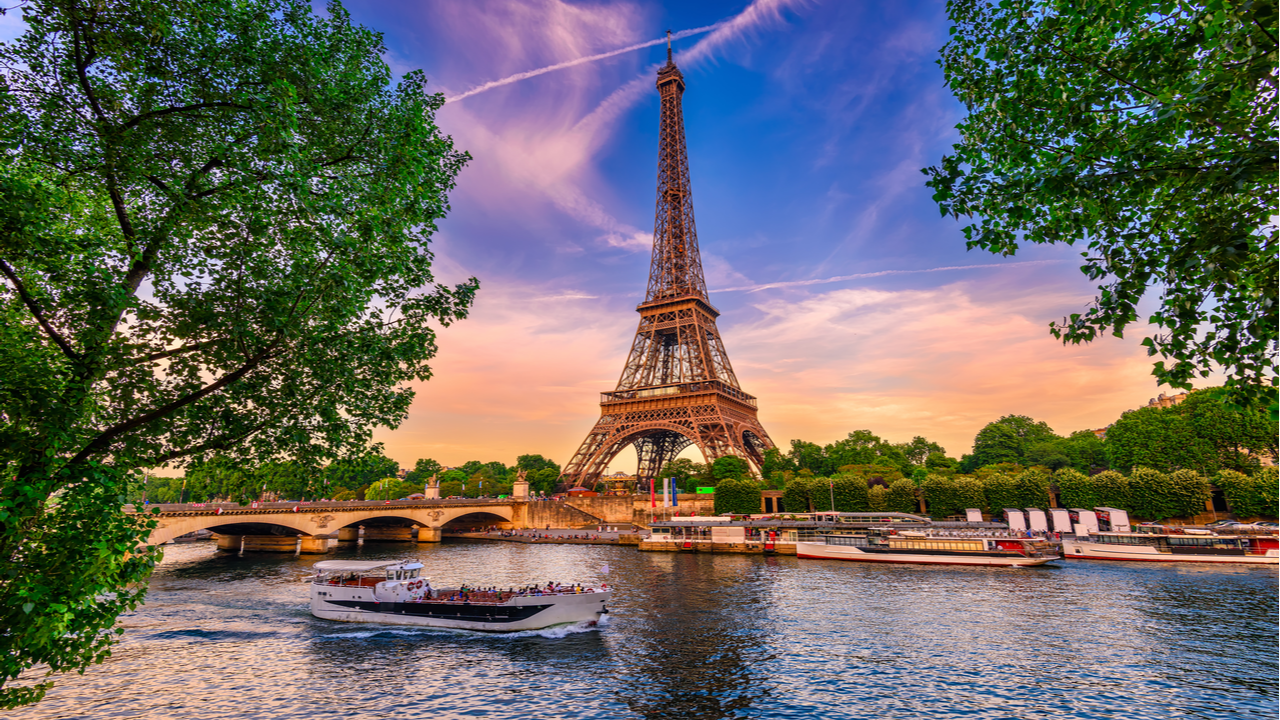
The city of Paris has big ambitions. It aims to be one of the best connected, most eco-friendly cities in Europe. It is an apt example of how climate initiatives meet urban planning.
As populations grow, alongside the demands on resources and infrastructure, popular cities such as Paris are rising to the challenge of adapting their spaces to become more attractive and healthier for their millions of inhabitants.
Population growth will be felt mostly in cities
According to the he UN Department of Economic and Social Affairs, the world population is expected to reach 9.7 billion by 2050, 2 billion more than the current population of earth. The UN World Urbanization Prospects predicts the population of Paris will grow to roughly 12 million people by 2030, compared to the current estimated 11 million. So cities like Paris will have to adapt to the increased demand and pressure on infrastructure.
According to GlobalData’s 2019 Smart Cities report, roughly 70% of the world’s population will live in cities by 2050, up from 50% in 2019. The need to make these spaces as liveable as possible is crucial. These efforts will drive a smart cities market worth US$833 million by 2030.
Paris is already perceived as a leader in smart cities. According to the IESE Cities in Motion Index 2020, the French capital ranks 3rd overall as a smart city, behind only London and New York. Paris presents an interesting case study of an older city getting revamped for the modern era.
Paris will undergo a green revolution to tackle sustainability issues
The city wants to begin by becoming the greenest in Europe. However, it has hurdles to overcome first. One of the biggest problems that the city of light faces is congestion. Traffic in Paris has led to poorer air quality. For example, Nitrogen dioxide levels in the centre, more specifically around the Champs Elysees, are double the limit set out by the WHO.
How well do you really know your competitors?
Access the most comprehensive Company Profiles on the market, powered by GlobalData. Save hours of research. Gain competitive edge.

Thank you!
Your download email will arrive shortly
Not ready to buy yet? Download a free sample
We are confident about the unique quality of our Company Profiles. However, we want you to make the most beneficial decision for your business, so we offer a free sample that you can download by submitting the below form
By GlobalDataOn 23 January 2020, Renault launched a ‘dynamic induction charging system for the urban environment in Paris’. This forms part of the French car company’s Incit EV project, introducing more charging points for electric cars in urban areas. More electric powered connectivity around the city centre will help combat air population caused by heavy traffic.
Another significant challenge is the lack of green spaces. According to the World Cities Culture Forum, only 9.5% of land in Paris is dedicated to gardens and green areas, which is lower than in any other major European city. To put this in context, Oslo dedicates 68% of its area to green space. Rooftop gardens and new parks are planned to combat this issue. 170,000 more trees are expected to be added in the next five years.
There are already initiatives in place to make urban spaces more eco-friendly. For example, in 2020, the world’s largest urban farm was built in Paris. The Paris Smart City 2050 architectural project plans for buildings capable of generating renewable energy.
These projects will go a long way into making Paris a leader in environmental urban planning within a decade. Prioritising sustainable infrastructure is key to tackling growing problems like air pollutions and a lack of green spaces in urban areas. Breathing new life into old cities through green spaces and renewable energies is crucial.








Related Company Profiles
Renault SA